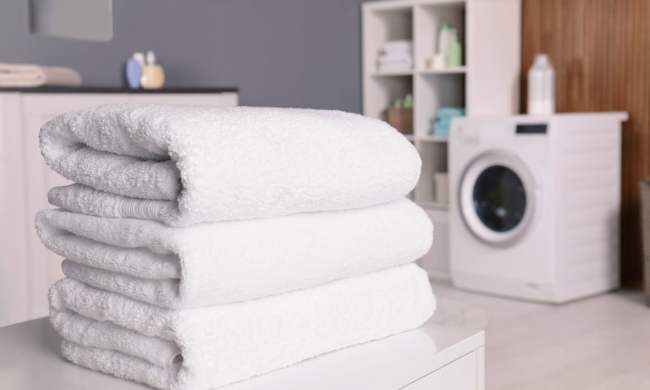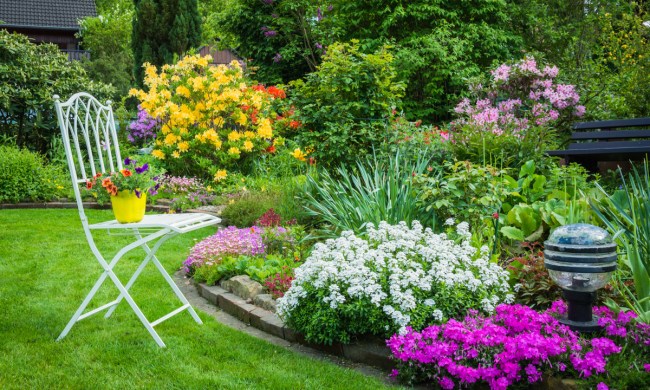The key to a healthy and vibrant garden may be an ingredient you already have around the house. And while it’s no secret, some gardeners have yet to participate in this beneficial trend. So, what is this fantastic fertilizing hero? The answer: Coffee grounds.
Many gardeners sprinkle their soil with coffee grounds to deter destructive pests, fertilize the soil, and promote plant growth. While maintaining lush greenery also takes consistent watering, temperature control, and regular weeding, coffee grounds for your garden may give it the boost it needs to flourish and produce delicious produce during the summer months.
While those with green thumbs use whatever coffee grounds they have available, one popular beverage chain is working to offer gardeners a specific solution that can reduce waste and aid plant growth. So, if you’re interested in participating in this free program, keep reading to learn more about how Starbucks may be as good for your garden as it is for you!
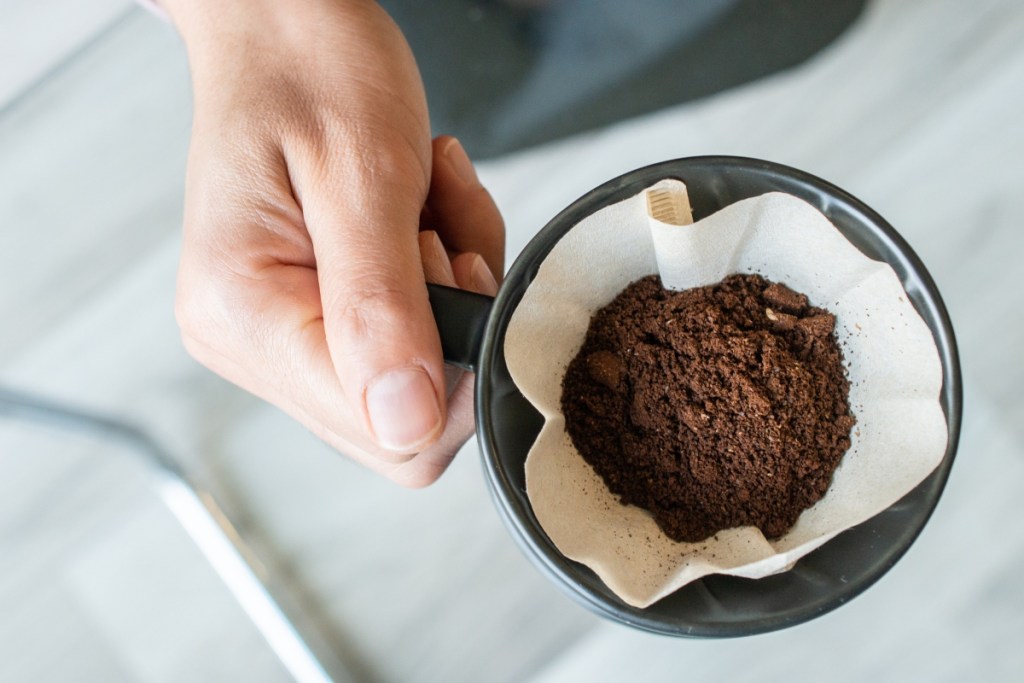
Why do people put coffee grounds in their gardens?
Before we dive into how you can find some coffee grounds for your garden and reduce waste, let’s first cover some of the many benefits coffee grounds can bestow upon your plants.
Coffee grounds can be a fertilizer
Some gardeners have found that coffee grounds make a fantastic alternative fertilizer. Coffee grounds are packed with plenty of micronutrients that can refresh and rejuvenate your soil. These grounds act as a slow-release fertilizer that enriches your plants and even aid in their growth. While studies are limited, anecdotal evidence from many gardeners suggests there’s something good here. If you have plants that thrive off of elements like phosphorus, magnesium, or nitrogen, sprinkling a thin layer of coffee grounds over the top will give them some of the crucial nutrients they need to thrive.
It can be effective for pest control
Many gardeners swear that coffee grounds are great for pest control, as the grounds can deter slugs, snails, some beetles, and possibly ants. Early research suggests that these bugs stay away from this substance since compounds like caffeine and diterpenes are toxic to many creepy crawlies. There could be a correlation between the caffeine that exists in coffee, which may deter some insects. Either way, coffee grounds could make for an easy and organic pest control solution.
Coffee grounds are a perfect addition to compost
Coffee grounds are organic material and are therefore safe to add to your compost bin. As long as you follow proper composting techniques, coffee can be a great addition to your bin. Additionally, coffee is excellent at absorbing or eliminating odors. This is why many perfume stores offer coffee beans — they neutralize any existing scents so you can smell each product without interference from the others. If you’re composting inside your home, coffee grounds may be a great way to keep any odor at bay.
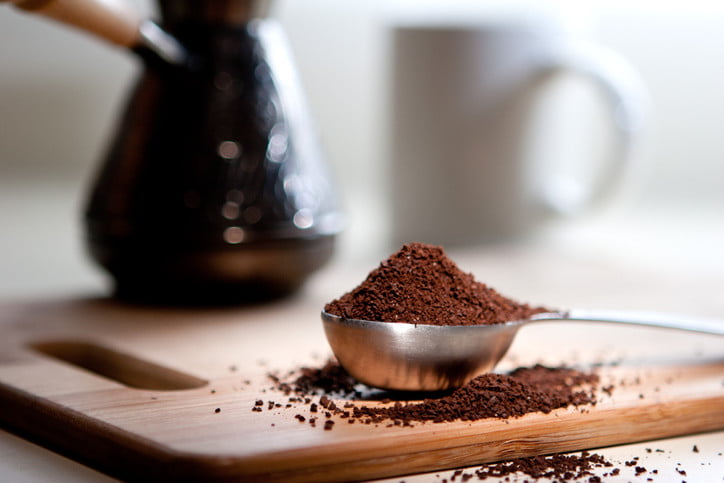
What is Starbucks’ Grounds for Your Garden program?
Now that you’re convinced it’s best to add some grounds to your garden, it’s time to dive into Starbucks’ Grounds for Your Garden program. The company initiated this eco-friendly venture in 1995 to help reduce waste and provide gardeners with free coffee grounds. This program is only offered in specific locations, so check online or speak to a company representative to learn more about the offerings in your area.
The process is fairly simple. Baristas at Starbucks will use coffee grounds as necessary for their orders. Once the grounds need to be replaced, they reuse the original packaging and wrap used grounds to offer to gardeners free of charge. Between disposable cups, previous issues with deforestation, and excess packaging, this company certainly leaves a notable carbon footprint. This program, however, can reduce the company’s environmental impact while also helping gardeners across the nation.
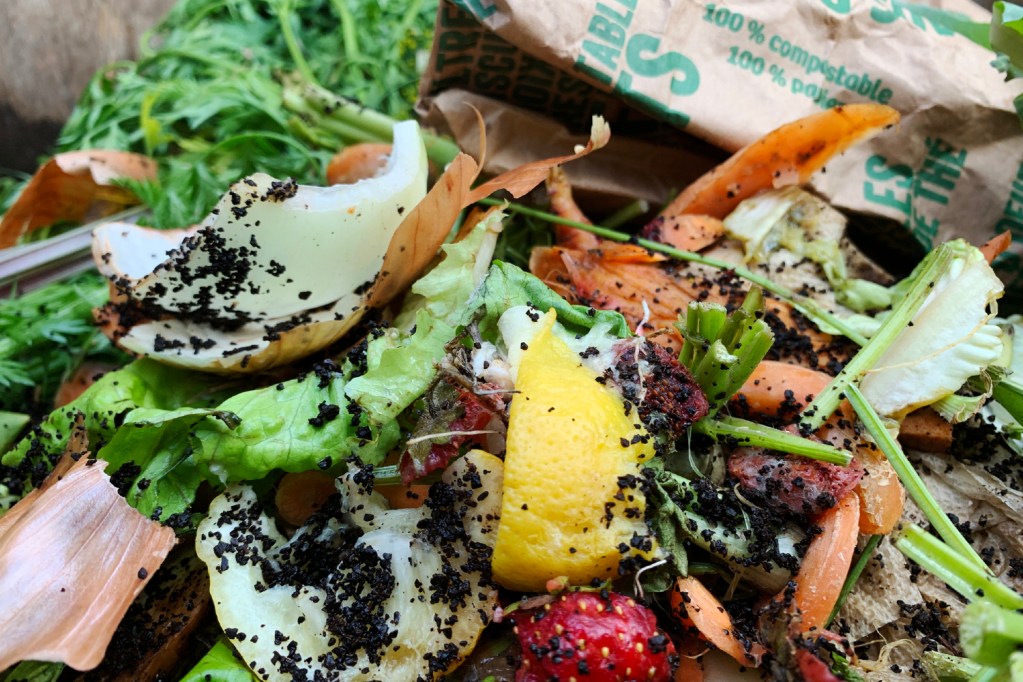
What to do if your local Starbucks isn’t a part of the Grounds for Your Garden program
If your local Starbucks doesn’t participate in the program, here are some other options:
- Your local non-Starbucks coffee shop: Check and see if they have a similar program.
- Diners: These establishments — particularly those open 24/7 — make a lot of coffee and could have similar programs.
- Your workplace: Set up a small bin in your office and ask your colleagues to deposit the grounds there instead of the trash.
- Gas stations: Like diners, these venues sell a lot of coffee.
If you’re interested in using coffee grounds in your garden or compost, there are plenty of free grounds available from local venues. You don’t have to make two pots a day yourself in order to get your supply. And the best part is that if you do choose to opt into Starbucks’ Grounds for Your Garden program, you can rest assured that it’s an easy process! Nearly any gardener looking for an organic, affordable, and simple solution to fertilizing their plants can participate. So, why not venture to your local Starbucks and begin your journey in using grounds for your garden?


